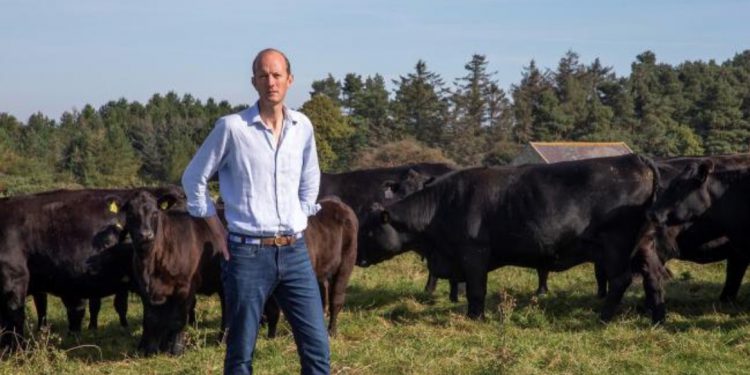The government is expected to announce on Monday that farmers in England face losing at least half of the subsidies they receive under the EU system by 2024, under post-Brexit transition plans to be unveiled.
Ministers plan to cut so-called basic payments, which were the main source of funding under the EU’s Common Agricultural Policy, by a minimum of 50 per cent in four years’ time, according to documents seen by the Financial Times and two people briefed on the matter.
Following the UK’s exit from the EU in January, the government took over responsibility for most farm subsidies. At present, it pays them out under the same system used by the EU as it works to develop its own schemes to support farmers.
However, under the plans seen by the Financial Times, English farmers currently receiving more than £30,000 a year are set to face cuts even higher than 50 per cent by 2024, with the slice of payments between £30,000 and £50,000 to be cut by 55 per cent from their pre-Brexit rates, the portion up to £150,000 to be cut by 65 per cent, and any payments beyond that to be slashed by 70 per cent.
“This risks putting many farms out of business”
In a blog published yesterday, President of the Country Land and Business Association, said “Transitioning from the old system to the new is fraught with danger, and it is vital that Government provides clear guidance and comprehensive support to farmers throughout that transition.
“Our analysis shows that the average farm will lose up to 50% of the support they have previously received by the time the new ‘public goods’ scheme is fully available in 2024. This risks putting many farms out of business.
“It shows with great clarity the trade offs of leaving the EU. Yes, we will have more power to do things our own way – many of which can be done better – but unless we use that power wisely opportunities will be squandered.
“Brexit has exposed the need for reform so the country works for everyone… The economy in the countryside is 16% less productive than the national average. This gap is equivalent to a loss of £43 billion from GDP. It is a fact that is being almost entirely ignored in Whitehall – a problem at any time, but especially when the economy is facing such dire uncertainty.”
Farmers are heavily dependent on the payments to remain profitable. They are pushing for more information on a new bridging scheme, the Sustainable Farming Incentive, which is intended to help fill the gap created by the end of EU support.
A flagship system for subsidies called the Environmental Land Management Scheme (Elms) is being developed and is expected to be rolled out nationally by 2024.
According to The Financial Times, one person briefed on the plans said: “The issue is, for farmers making plans now, they face a 50 per cent cut without any clear view about how their business is going to be able to make use of other income streams.”
Farmers are anxious for further details of both schemes so they can confirm their businesses will remain viable through the transition, which will see basic payments end in 2027.
At the centre of the subsidy plans will be payments for practices with environmental benefits, such as flood mitigation and fostering wildflowers.























